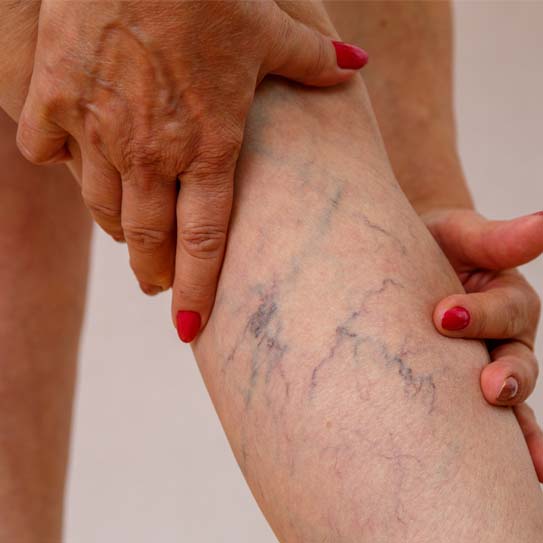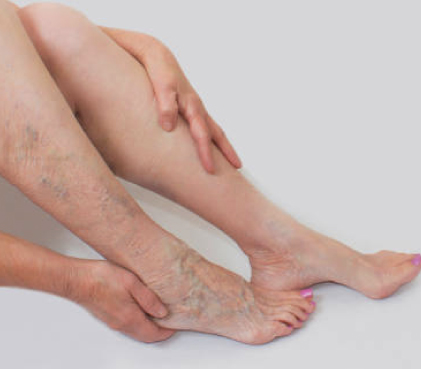
It may not need any special therapy if the tight foreskin is not creating any noticeable problems. But you should contact your urologist and get treated if the tight foreskin starts to cause issues, such as discomfort during sex and difficulties urinating.
The method of therapy often relies on the condition's severity and aetiology. First, to soften the skin around the foreskin, experts advise OTC corticosteroid lotions and ointments like hydrocortisone. A urologist is likely to recommend surgery if the medicine and cream don't work to loosen up the foreskin. Different surgical procedures include circumcision, preputioplasty, and frenuloplasty to address tight foreskin.
Since the symptoms of a tight foreskin are so obvious, doctors typically diagnose the problem with a physical examination. But a urologist could advise a blood test to determine the condition's severity and rule out any underlying medical issues. It aids in assessing your health, identifying infection symptoms, or determining how well an organ is working that might make the procedure more difficult.

What signs indicate a tight foreskin?
The following are some typical warning signs and symptoms of a tight foreskin: swelling and sensitivity urethral blood Urinary tract infections frequently heavy discharge and bleeding under the foreskin
When should I get in touch with my doctor concerning tight foreskin?
If you are unable to move your foreskin or the foreskin of your child, you should see a doctor. Your doctor will probably give you some advice on how to lessen the effects of a tight foreskin. Contact your physician right away if you or your kid is in discomfort or having problems urinating.
Can I engage in sexual activity with a tight foreskin?
It is true that you may have sex with a tight foreskin. Doctors often advise using condoms and lubricant during sexual activity since the friction of intercourse with your penis's tight foreskin might rip it.
What are the possible side effects and dangers of tight foreskin surgery?
Surgery-related risks and complications include: Bleeding Infection Too little foreskin was removed Skin bridges and adhesions

Also known as endovenous laser treatment or EVLA, this is a minimally invasive ultrasound-guided procedure that involves the use of ultrasound images and laser fiber in order to kill the delicate lining of the veins. After a few days following the procedure, the body absorbs the dead tissues, closing off the abnormal veins with minimal or no discomfort. This is one of the most commonly preferred methods as it involves far fewer complications, and the recovery time, as well as the success rate of this method, is much faster and higher than that of any surgical process.

Also known as endovenous laser treatment or EVLA, this is a minimally invasive ultrasound-guided procedure that involves the use of ultrasound images and laser fiber in order to kill the delicate lining of the veins. After a few days following the procedure, the body absorbs the dead tissues, closing off the abnormal veins with minimal or no discomfort. This is one of the most commonly preferred methods as it involves far fewer complications, and the recovery time, as well as the success rate of this method, is much faster and higher than that of any surgical process.

Also known as endovenous laser treatment or EVLA, this is a minimally invasive ultrasound-guided procedure that involves the use of ultrasound images and laser fiber in order to kill the delicate lining of the veins. After a few days following the procedure, the body absorbs the dead tissues, closing off the abnormal veins with minimal or no discomfort. This is one of the most commonly preferred methods as it involves far fewer complications, and the recovery time, as well as the success rate of this method, is much faster and higher than that of any surgical process.